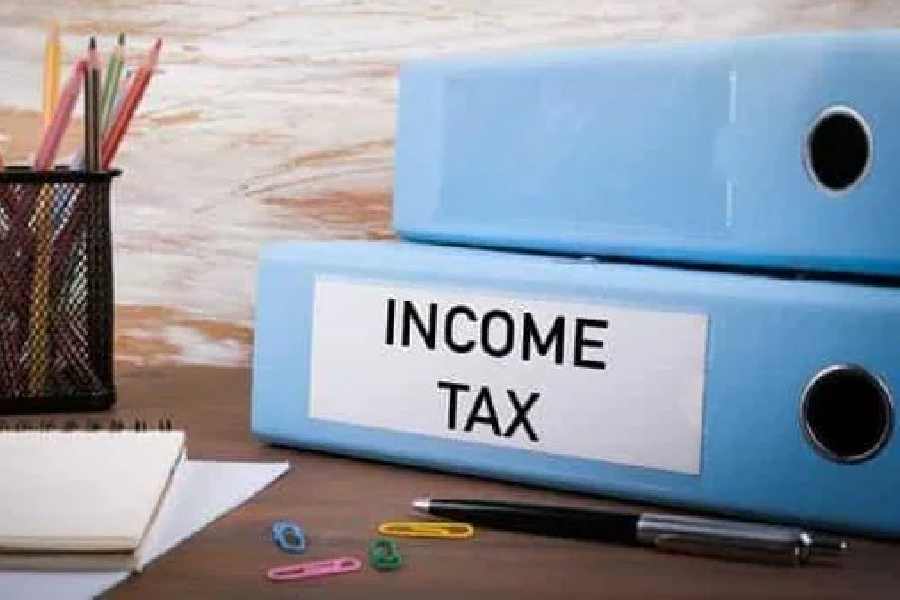The Union cabinet is set to discuss the new income tax bill on Friday, with finance minister Nirmala Sitharaman likely to introduce it in Parliament on Monday. The bill, aimed at replacing the six-decade-old Income Tax Act, 1961, is expected to be referred to the standing committee for further scrutiny, sources said.
Finance secretary Tuhin Kanta Pandey said the new legislation will feature simplified language, avoiding lengthy sentences, provisos and complex explanations.
“When you see the new income tax Bill next week, it will be very different. The way we draft laws is changing — there will be fewer long sentences, no provisos and minimal explanations,” Pandey said at an industry event.
Pandey said the bill would not introduce new taxes or increase the burden. “We are not making any major policy changes. Our goal is to ensure stability,” he said, adding that tax laws should be accessible to all citizens, not just legal professionals.
The bill has been drafted in six months, incorporating changes to tax rates, slabs, and TDS provisions announced in the Union budget for 2025-26.
Efforts have been made to streamline the law by removing outdated provisions, making it more concise and easier to navigate.
The new tax law is designed to align with international standards while widening the tax base and simplifying compliance.
Central board of direct taxes (CBDT) chairman Ravi Agrawal said the bill eliminates redundant provisions and enhances readability.
“The new income tax bill aims to simplify compliance by reducing the complexity of the current act. It is expected to be nearly 50 per cent shorter than the existing law, making tax laws more accessible and minimising disputes,” said Manmeet Kaur, partner at Karanjawala & Co.
The Modi government initiated a comprehensive review of the income tax act in July 2024, setting up an internal CBDT committee and 22 specialized sub-committees to assess various aspects. Over 6,500 stakeholder suggestions were considered in the drafting process.
The new bill is expected to take effect from fiscal year 2025-26, with implementation beginning in assessment year 2026-27. It will undergo parliamentary scrutiny before final approval, setting the stage for a modernised tax regime.










